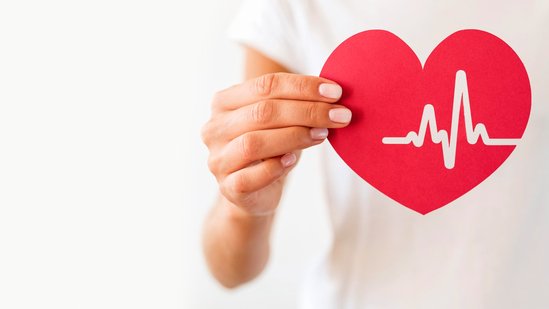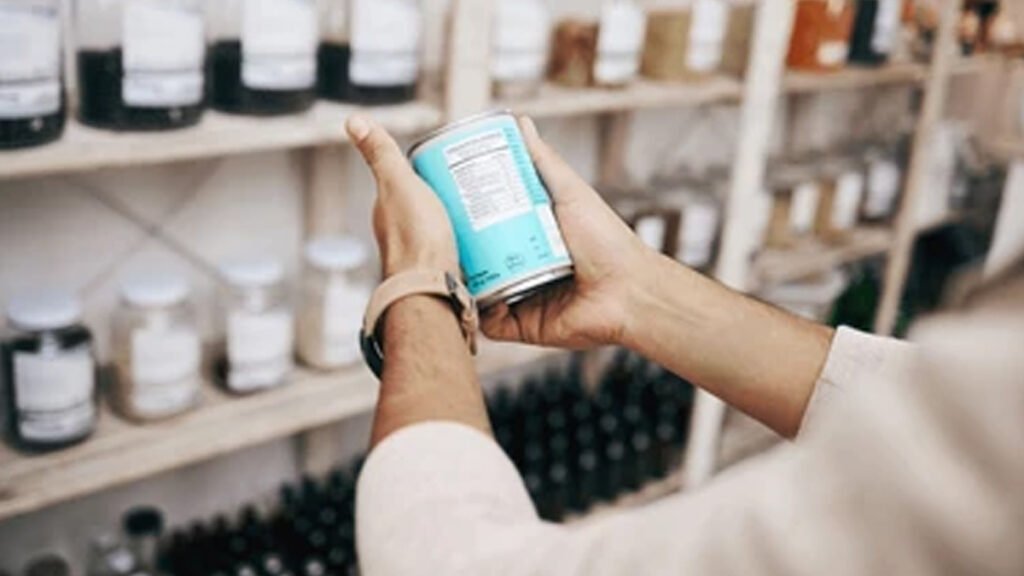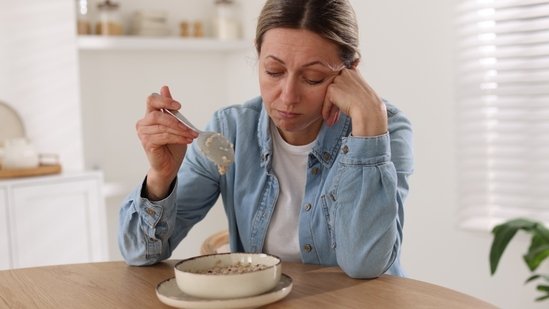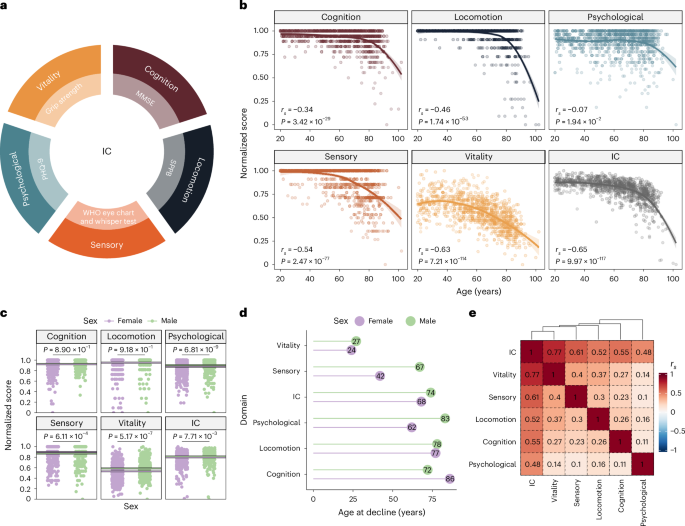
Whether you start your day plunging a cafetière, downing an espresso or purchasing a bougie Flat White, coffee drinkers may be in luck. A new study of more than 47,000 women has found links between drinking coffee and healthy ageing.
Since the 1970s, researchers have been following over 47,000 female nurses, asking them detailed questions about their diets, including their consumption of caffeinated drinks. Researchers then looked at the number of women who were still alive and those who demonstrated “healthy ageing.”
“The findings suggest that caffeinated coffee — not tea or decaf — may uniquely support ageing trajectories that preserve both mental and physical function,” said Sara Mahdavi, lead author of the study and adjunct professor in the faculty of medicine and department of nutritional sciences at the University of Toronto.
Out of the 47,000 women surveyed, the study found that just over 3,700 women met that criteria of “healthy ageing.” It also found that there was a correlation between the amount of coffee drunk when they were between 45 and 60 years old, with healthy ageing.
The researchers took into account other factors that could impact ageing, such as smoking, exercise and diet, and found that those who consumed the most caffeine (nearly seven cups a day) had a 13 per cent higher chance of healthy ageing than those who consumed the least caffeine (less than one cup per day).

The researchers found no link between drinking tea or decaf coffee with healthy ageing (Anthony Devlin/PA)
PA Archive
However, fans of tea or decaffeinated coffee may not reap the potential benefits, as the researchers found no link between these drinks and healthy ageing.
It’s not yet known whether this is because tea and decaf coffee have less caffeine (and tea has different plant compounds from regular coffee), or because participants in the study drank less of these drinks overall, so there was less data.
Meanwhile, consumption of cola, which also contains caffeine, was associated with significantly decreasing the likelihood of healthy ageing.
What have previous studies indicated?
Early studies of coffee seemed to indicate that the drink could be bad for your health, yet recent studies have suggested otherwise. In fact, Mahdavi’s study adds to ongoing research that has linked coffee to a lower risk of early death.
“The overall evidence has been pretty convincing that coffee has been more healthful than harmful in terms of health outcomes,” Frank Hu, chair of the Department of Nutrition at Harvard T.H. Chan School of Public Health, wrote in an article in Discover.
One study of over 46,000 U.S. adults, published in May, found that people who drunk one to three cups of coffee a day had a 15 per cent less chance of dying within the next nine to 11 years than those who drunk no coffee at all.
However, the study found that the benefits were reversed for those who added over half a teaspoon of sugar or more than one gram of saturated fat to their coffee.
Other research has linked coffee consumption to lower risks of heart disease, Type 2 diabetes, Parkinson’s disease, liver disease, osteoporosis and some types of cancer, however the studies have not proved a cause and effect.
How much coffee is healthy to drink?
Given the latest findings, should we all be drinking more coffee? According to Mahdavi, it’s not that simple.
“Coffee may support longevity, but it’s not a universal prescription — especially for women,” she told CNN. “Hormonal shifts influence how caffeine is metabolized, so the benefits depend on timing, biology, and individual health.”
Other research has indicated that the health benefits of coffee may plateau or even decrease when more than three to four cups per day are consumed.
As well as this, consuming too much coffee can cause of variety of unpleasant effects including insomnia, heart palpitations and anxiety. “Tolerance varies depending on genetics, body size, stress levels and even how well you metabolise caffeine,” Alex Manos, Functional Medicine Expert at The HVN told The Standard.
“Moderate caffeinated coffee consumption — typically one to three cups per day — can be part of a healthy diet for many adults,” Mahdavi said.
“However, this should not be taken as a blanket recommendation for everyone to begin or increase coffee intake with the goal of longevity.”
Ultimately, drinking coffee is not a replacement for other healthy behaviors, like getting plenty of sleep, exercising regularly and eating a nutritious diet.
“While this study adds to prior evidence suggesting coffee intake may be linked with healthy ageing,” Mahdavi said.
“The benefits from coffee are relatively modest compared to the impact of overall healthy lifestyle habits and warrant further investigation.”







